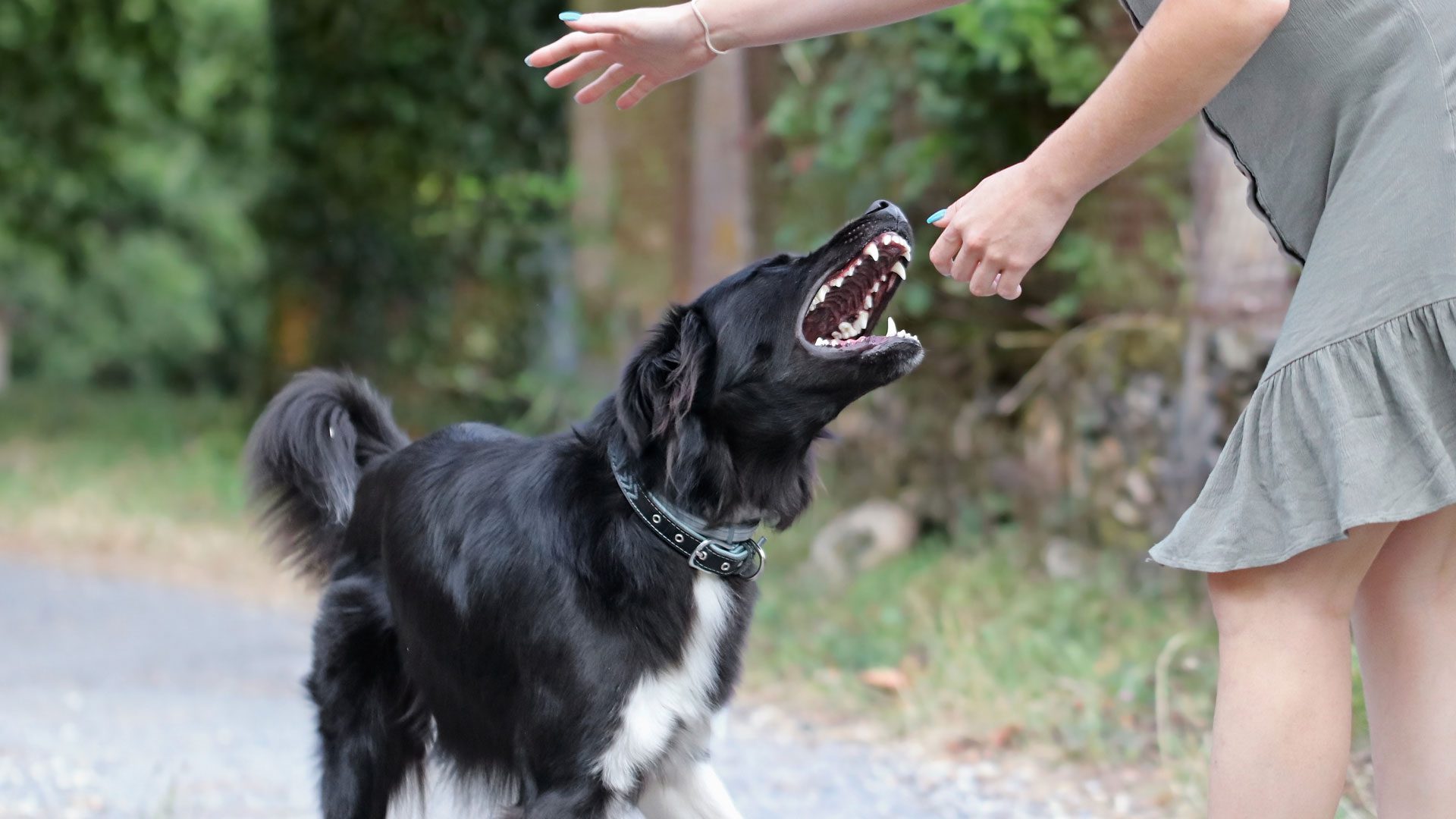
How to Sue After a Dog Bite?
October 2, 2023Suffering a dog bite can be a traumatic experience, and it often leaves victims with physical, emotional, and financial burdens. If you or a loved one has been a victim of a dog bite, it’s crucial to understand your rights and the legal steps you can take to seek compensation for your injuries and losses. This guide will not only provide valuable insights on how to sue after a dog bite but also emphasize the importance of hiring Spanish-speaking dog bite lawyers, especially for the Latino community.
Table of Contents
Understanding Dog Bite Laws
Before taking legal action, it’s essential to understand the dog bite laws in your state. Laws governing dog bite cases can vary significantly from one jurisdiction to another. Some states follow a strict liability rule, holding dog owners responsible for their pets’ actions regardless of prior behavior, while others require victims to prove negligence on the owner’s part.
Research Your State’s Laws
Start by researching the dog bite laws in your state. Identify whether it follows a strict liability or negligence-based approach. Understanding this will help you build a solid legal case.
Gather Evidence
Collect evidence related to the incident, such as medical records, photographs of injuries, witness statements, and any communication with the dog owner. This evidence will be crucial in establishing liability.
Hiring the Right Dog Bite Lawyer
Seeking legal representation is a critical step in pursuing a dog bite lawsuit. However, for the Latino community, hiring a Spanish-speaking dog bite lawyer can be particularly advantageous.
The Importance of a Spanish-Speaking Lawyer
For Latinos whose primary language is Spanish, navigating the legal system can be challenging. Hiring a Spanish-speaking lawyer ensures effective communication, which is essential to convey your side of the story accurately.
Experience Matters
Look for a lawyer with experience in handling dog bite cases. They will have the knowledge and expertise needed to build a strong case on your behalf.
Consultation and Evaluation
Schedule consultations with potential lawyers to discuss your case. Assess their willingness to understand your unique situation and evaluate their commitment to achieving the best possible outcome for you.
Filing a Lawsuit
Once you’ve hired a qualified dog bite lawyer, it’s time to initiate the legal process.
Drafting a Complaint
Your lawyer will draft a complaint outlining the details of the incident, the injuries sustained, and the damages you’re seeking. The complaint is then filed with the court, officially starting the lawsuit.
Serving the Defendant
The dog owner must be served with a copy of the complaint and a summons, notifying them of the lawsuit. This is typically done by a process server or a law enforcement officer.
The Legal Process
Discovery Phase
Both parties exchange information through discovery, including documents, witness statements, and other evidence. This phase helps build a case and may lead to negotiations for a settlement.
Negotiation and Settlement
Many dog bite cases are resolved through negotiation before going to trial. Your lawyer will engage in discussions with the defendant’s legal representation to reach a fair settlement.
Trial
If a settlement cannot be reached, your case will proceed to trial. At trial, your lawyer will present your case to a judge or jury, and a verdict will be reached.
Conclusion
Suing after a dog bite can be a complex and emotionally challenging process, but with the right legal representation, you can seek justice and compensation for your injuries. For the Latino community, the importance of hiring Spanish-speaking dog bite lawyers cannot be overstated. Effective communication and cultural understanding are essential to ensure that your voice is heard and your rights are protected throughout the legal journey. Remember that you don’t have to go through this process alone – seek legal assistance and take the necessary steps to hold the responsible parties accountable for their actions.













